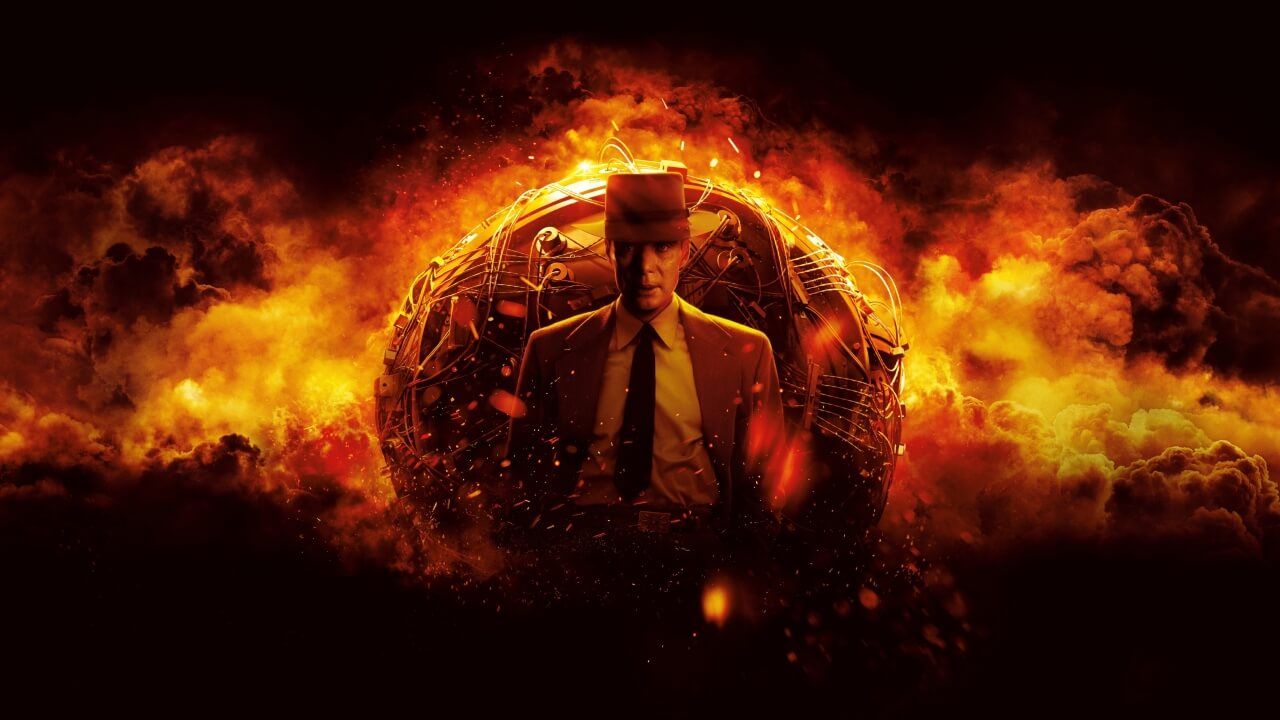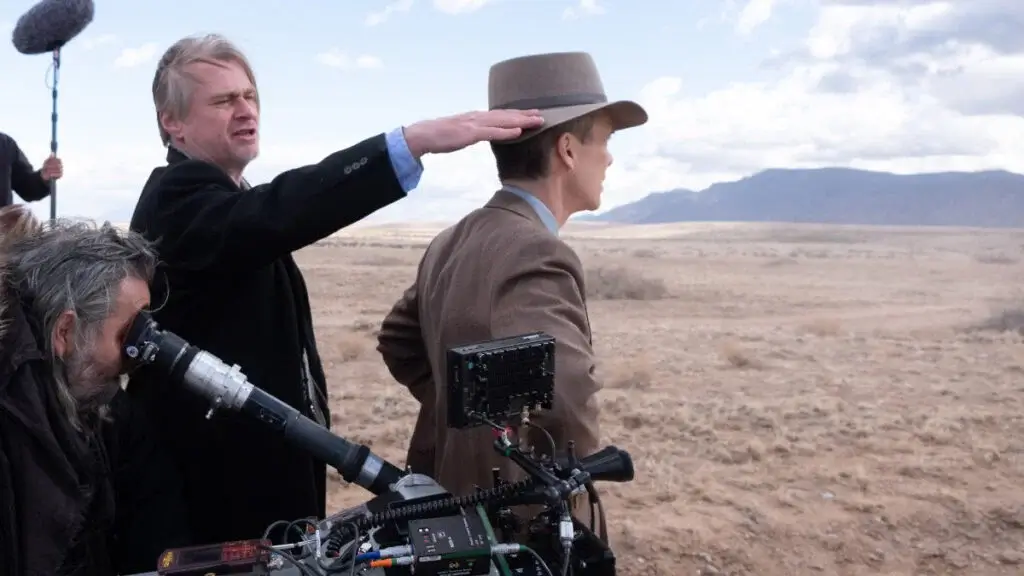The release and performance of his new movie “Oppenheimer” which explores the life of the renowned physicist J. Robert Oppenheimer, begs the question: Should Christopher Nolan stick to his sci-fi roots or delve into new cinematic territories?

In the dynamic world of filmmaking, few directors have left as significant an impact as Christopher Nolan. Renowned for his mind-bending narratives and visually stunning creations, Nolan has carved a niche for himself in the realm of science fiction cinema with his works such as Memento (2000), The Prestige (2006), The Dark Knight Trilogy (2005-2012) Inception (2010), Interstellar (2014) and Tenet (2020). Yes, Insomnia (2002) was omitted on purpose, since it is the only Nolan movie in which he had no part in the screenplay (a Nolan movie that isn’t a Nolan movie). The release and performance of his new movie “Oppenheimer” which explores the life of the renowned physicist J. Robert Oppenheimer, begs the question: Should Christopher Nolan stick to his sci-fi roots or delve into new cinematic territories?

When talking about a list of reasons that would make viewers go to the cinema, genre preference should be on top of that list. As I write this Oppenheimer has grossed $266.9 million locally and $384 million internationally for a worldwide total of $650.9 million. This number although highly commendable and still rising is a little behind when compared to peak Nolan Sci-fi such as The Dark Knight ($1.006 billion), Inception ($870 million), and The Dark Knight Rises ($1.081 billion). Yes, Tenet is an exception to this, but we both know that if it was released at a time free of the pandemic influence the confusing perspective would have made viewers revisit the cinemas till their pockets ran dry. There is somewhat of an indication that Nolan’s audience has a preference for his Sci-fi movies with Dunkirk (Nolan’s first history-based movie) grossing $507 million which was his lowest gross (Tenet excluded) in the last 15 years. Surprisingly it seems that Nolan’s audience prefers picking up their physics textbooks rather than their history ones (Not like the physics textbooks helped in understanding his movies).
The box office also sheds light on the achievements of Oppenheimer (2023) such as being the highest-grossing Nolan R-rated movie, and the seventh highest-grossing R-rated movie of all time. Also, it is the highest-grossing World War 2 movie surpassing Dunkirk (2017) (another Nolan movie) which in its time had displaced Saving Private Ryan (1998). With the box office returns, one can assume that there is a preference for Nolan’s Sci-fi movies over his historical ones, notwithstanding an obvious global growth in the audience for historical movies generally (particularly World War 2) and this can be attributed to Christopher Nolan.

Another point of consideration would be the expectations of his viewers. It was concluded that Nolan’s audience preferred his Sci-fi to his historical drama after comparing their box office performances. Who can blame them? Over the years, Nolan has always captivated his audience with his thought-provoking and visually stunning worlds which challenge our perception of reality most times. With science fiction, Nolan can explore uncharted territories of imagination and create narratives that delve into concepts such as creating a dream within a dream in inception(2010), inversion of time in Tenet(2020), and time dilation in interstellar(2014).
These concepts although fictional, have scientific explanations mostly with the consultation of a Nobel Prize in Physics recipient Dr. Kip Thorne in combination with the use of unbelievable practical effects leads to a result that keeps his audience confused but wanting more. The same cannot be said for historical drama as the level of imagination is limited so as not to deviate so much from the real-life occurrence due to reasons such as historical accuracy, cultural sensitivity, educational value (especially for people who watch historical movies before reading about the events) and also audience familiarities and expectations of the historical event (an example is the reaction of the Japanese to Oppenheimer which as of the time this article was written has not been released in the theatres of Japan for obvious reasons).

While his sci-fi movies have undoubtedly left a mark on the genre, his potential for exploring other realms of storytelling remains untapped. Like Oppenheimer, perhaps Nolan should continue to push his creative boundaries beyond science fiction, embracing new challenges and surprising us with the depth and diversity of his cinematic prowess. After all, in the world of filmmaking, the possibilities are as limitless as the universe itself.